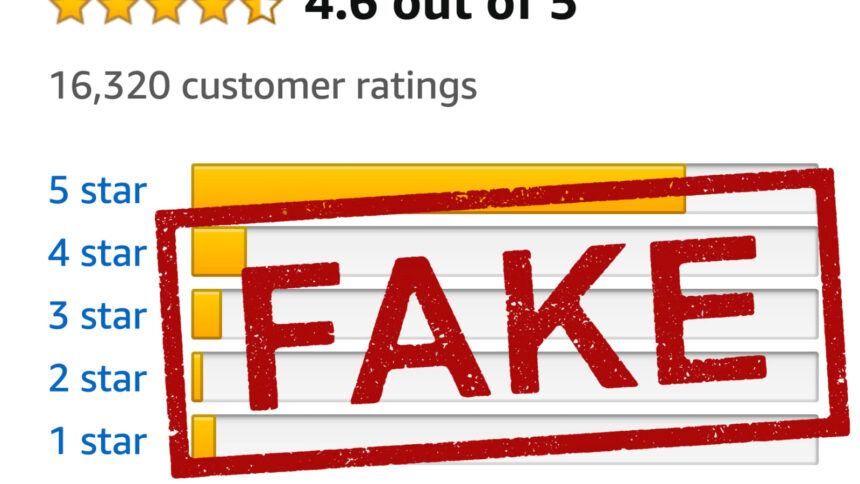The Federal Trade Commission (FTC) in the United States is now empowered to come after individuals and companies that engage in deceptive practices involving fake online reviews. This move comes as a response to growing concerns about the integrity of online reviews, which are crucial in shaping consumer decisions.
Late last year, Tom Hanks found himself unexpectedly involved in a promotional campaign for a dental plan. However, this was no ordinary endorsement — his so-called “rave review” was generated by an AI deepfake. Hanks had no involvement whatsoever. This incident exemplifies the type of fraudulent activity that the FTC is now targeting more aggressively.
What’s Happening & Why This Matters
The FTC finalized a set of rules designed to crack down on fake online reviews. These rules explicitly prohibit companies from buying or selling false positive or negative reviews and from having their employees pose as customers to write deceptive reviews. Additionally, companies can no longer use threats to suppress negative reviews or hijack social media accounts to promote their products. The rules also ban the creation of websites that pretend to offer independent reviews but are actually designed to publish glowing reviews of the company’s own products.

FTC Chair Lina M. Khan has emphasized the impact of these deceptive practices, stating that fake reviews not only waste consumers’ time and money but also distort the marketplace by diverting business away from honest competitors. The new rules enhance the FTC’s ability to combat these practices by allowing the commission to seek civil penalties for violations. The current maximum penalty is set at $51,744 per violation, although courts have the discretion to adjust the amount based on the severity of the violation and the size of the business involved.
The FTC made it clear that without the possibility of civil penalties, there might not be enough deterrent to stop companies from engaging in these deceptive practices. The commission’s focus is on ensuring that the marketplace remains fair, honest, and competitive, and that consumers are protected from misleading and fraudulent advertising tactics.
TF Summary: What’s Next
The FTC’s new rules mark a crucial step in the ongoing battle against deceptive online practices. As these rules take effect, companies and individuals engaging in fraudulent review practices will face significant financial penalties, which should serve as a deterrent. Moving forward, the FTC will continue to monitor the marketplace for compliance and take action against those who violate these rules. This is a win for consumers, who can expect a more trustworthy environment when relying on online reviews to make informed purchasing decisions.
— Text-to-Speech (TTS) provided by gspeech


